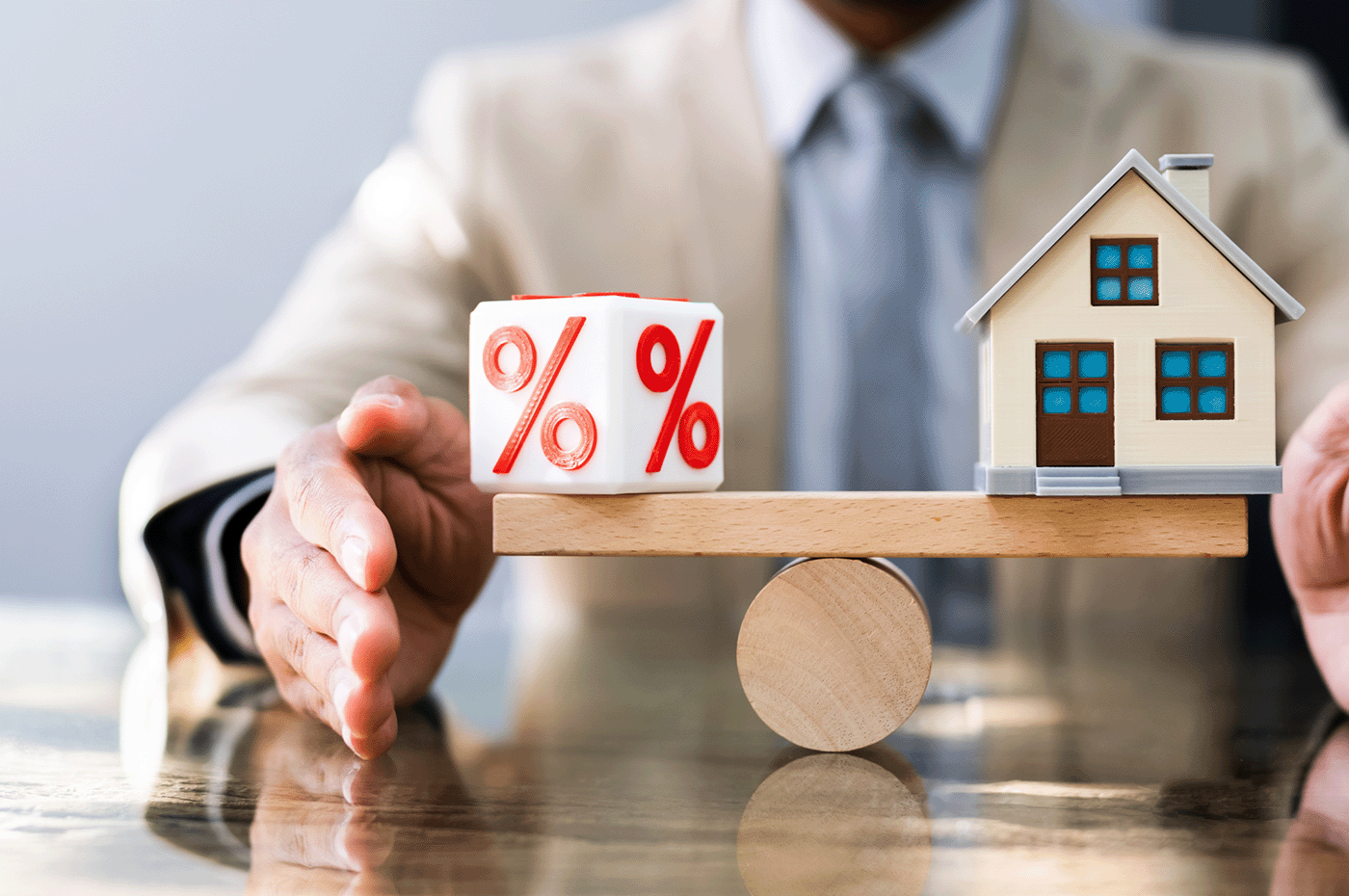When the pandemic began, interest rates started taking a nosedive, and the effect on the housing market was immediate. Not only was there a rush to refinance existing loans, but a lot of would-be homeowners were rushing to take advantage of the extra buying power that those low interest rates were providing.
Sellers, for their part, suddenly found themselves in princely positions: Almost any home that hit the market suddenly had multiple offers, often over the asking price. Sellers could pick and choose among potential buyers, looking for offers that bypassed contingency agreements and even the usual home inspections.
Well, nothing lasts forever, right? Inflation has risen dramatically in the last year alone, and the Federal Reserve has been steadily bumping those interest rates back up – and there’s every indication that this will continue to happen in the near future.
How does the change in interest rates affect you if you’re hoping to buy your home? What does it mean if you’re a would-be seller? Here’s what you need to know:
It’s Still a Good Time to Get a Mortgage
As of early July, 30-year fixed-mortgage interest rates were still hovering below 6%, and 15-year fixed rates were still below 5%. While that’s not the record 2.65% that was seen back in January 2021, the current interest rates are still historically low.
If you’re old enough, you may easily remember when mortgage interest rates were 12% or even higher, and there’s a long way to go between where we are today and that kind of interest rate coming back.
If you’re a would-be buyer, the increase in interest rate may be a little inconvenient – essentially forcing you to either adjust your expectations about how much house you can afford or adjust your expectations about what you’ll have to pay up-front – but it shouldn’t stop you from making a deal.
Generally speaking, every 1% increase in an interest rate reduces your buying power by about 10%. If you qualified for a mortgage in the $500,000 range when interest rates were about 3%, for example, you may only be able to qualify for a $400,000 mortgage once interest rates hit 5%. That means you’ll either have to look for a less-expensive home or come up with a much larger down payment.
Sellers Will Also Have to Adjust to a Changing Market
Sellers in today’s market may feel like they’re getting whiplash from the rapid change in their position – and that’s not far from the truth.
It’s still not a bad time to sell your home (especially if you were already planning on moving) because the market is still slightly favoring sellers. That being said, the rising interest rates do change the real estate game quite a bit. With interest rates rising, buyers need to:
1. Recognize that some of their potential buyers just got knocked out of the market.
High-end homes, in particular, may have a harder time selling quickly as buyers adjust their wallets and start looking “down market” for less-expensive homes.
If you’re a seller, you may have to recognize that you can’t expect the offers from buyers to start flooding in the moment your home hits the market – even if that’s what happened for your neighbors just months ago. If you want the most value out of your home, you need to be patient for the right sale.
2. Understand that they may not receive the same kinds of bids they would have before.
Buyers are going to be more careful about their money now, so expect those wildly-above-listing-price offers to dampen (or stop). Buyers won’t have the financial ability to make up the difference if there’s an appraisal shortfall, either, so you can expect most or all of the offers you receive to have contingency clauses attached that are tied to appraisals.
This also means that it’s going to be critical to price a house appropriately. Right now, the fluctuations in the market may make it harder than ever to use “comps” (comparisons with recent sales) to estimate a property’s actual value. Experienced guidance is going to be key so that you don’t overprice your home.
3. Realize the value of minor home repairs, upgrades and staging.
A few months ago, buyers were snapping up properties without even looking at them. In some areas, it didn’t matter how dilapidated or outdated a home looked because someone would buy it right away.
That has changed. It’s time for sellers to put more attention again into home maintenance, minor repairs, small upgrades, aesthetics and staging techniques if they want to attract buyers and get the best value for their homes.
While there’s no reason to go overboard with total home makeovers, neat, well-maintained properties with a few amenities are going to attract more buyers and sell faster as interest rates rise.
What’s the Low-Down with Interest Rates and Real Estate?
Basically, it comes down to this: It’s not a bad time to buy or sell. While the rise in mortgage interest rates isn’t negligible, it’s not so dramatic that it should dissuade either buyers or sellers from pursuing their goals. All it’s going to do right now is make everybody more cautious – and conscious – of what makes a property worth the price.



